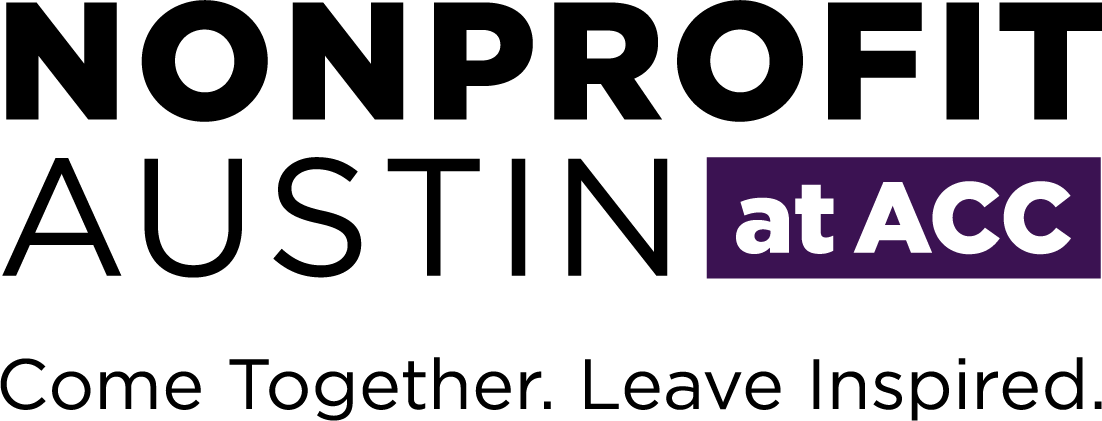
Jody Hopkins
Executive Director, Lone Star Association of Charitable Clinics
Jody Hopkins, LCSW, ACSW has been involved in the non-profit sector for over 26 years with the majority of these years in non-profit management. Jody began her career working with children and families in the child protection system in her home state of Missouri. After moving to Texas she continued her concentration in this field working at Big Brothers and Sisters and Montgomery County Youth Services, in Conroe, TX.
In 1999 Ms. Hopkins became involved in the free and charitable clinic field when she began volunteering at the Interfaith Community Clinic north of Houston. She later was hired by this clinic and was named their Executive Director. She served in this role for 7 years in which time the clinic greatly expanded its programming and community impact. Upon moving to Austin, TX she continued to serve as a charitable clinic Executive Director for an additional 3 years at the Volunteer Healthcare Clinic.
In 2010 Jody was named the Executive Director for the Lone Star Association of Charitable Clinics. This is a statewide association that supports volunteer based free and charitable clinics. In this role she works with clinics throughout the state providing them with information, capacity building resources, and advocacy services. During the 2013 legislative session she worked with Senator Jane Nelson’s office to create new policy making it easier for military physician’s to volunteer their services at charitable clinics. From 2011-2013 Jody was appointed to serve on the state Task Force to Improve Nonprofit Relations. While the majority of her work is done within the state of Texas, she has presented at national conferences and has also advocated on a national level for Texas clinics. Jody is a licensed social worker and received her master’s degree in social work from the University of Houston.
Brief statement why you have accepted appointment and what you would consider to have been a successful tenure when your term:
It is an honor to accept an appointment to the CNS Community Leadership Council. As a long-time non-profit employee, I am acutely aware of the importance of the nonprofit sector in Texas. In Central Texas where so many nonprofits operate, this importance is further amplified. While nonprofits are often referred to as the ‘safety-net’ I prefer to think of them as the ‘foundation’ of services in their communities. Central Texas nonprofits not only provide services to their clients, but they contribute significantly to revenue and employment and have wide ranging impacts beyond their service population.
Although this sector is represented by vast diversity in terms of size, mission etc., there are common values, principles and operating functions that nonprofits should use to guide their operations. As communities change and needs become more complex, so do the needs of the nonprofit organizations. While potentially overwhelming for individual nonprofits to try and keep up, the CNS offers a unique opportunity to serve as a centralized entity for the purposes of advancing the nonprofit community.
I see a vision of CNS as being recognized as the foremost authority on nonprofit research, training, and education. The services provided by the CNS should directly help nonprofits learn about and integrate the most up to date and best practice principles throughout their operations. By providing these services the CNS becomes an integral part of creating a sustainable and high functioning continuum of services from Central Texas nonprofits.
Brief statement on your sense of the Center’s impact for its first 15 years and its potential for future:
I believe that since its inception, the Center has been of tremendous value to the nonprofit sector. It is known for its certification programs and its very cost effective trainings. Personally I have participated in many of the classes and trainings that have been offered through their campuses. As with any business sector, nonprofits have had to adjust and adapt to many changes both at the community level and at the state level. The Center has kept pace with these changes and has served as a source of knowledge.
I think that the importance of CNS in the nonprofit landscape will become even more crucial in the future. What is expected of nonprofits in terms of services, evaluation, impact etc. has greatly changed over the years. As these changes continue and the expectations continue to grow, I think the CNS has the opportunity to truly become the indispensable resource for Central Texas nonprofits. Its reach could be extended beyond education, research and training to becoming the standard-bearer for excellence in nonprofit operations.
